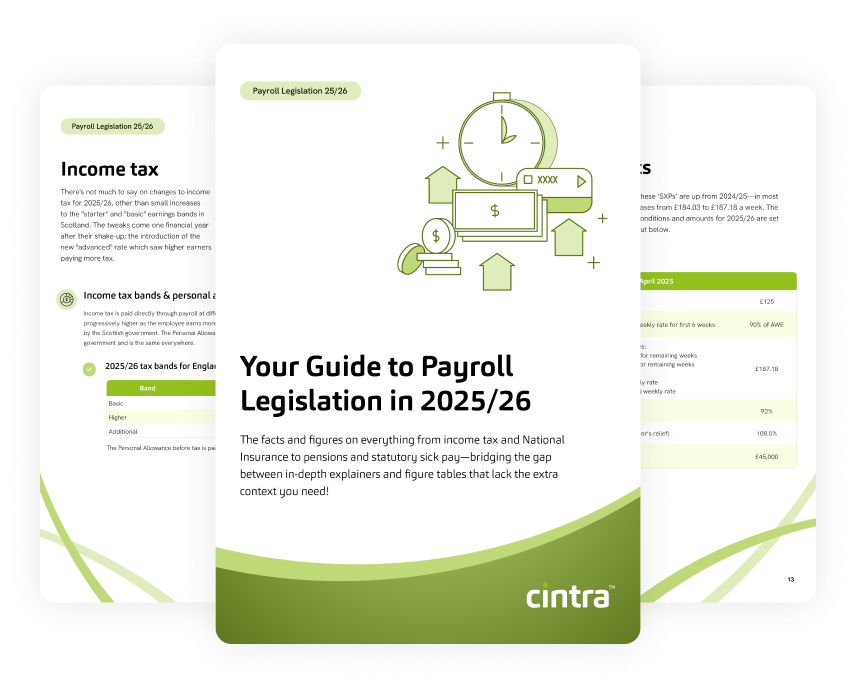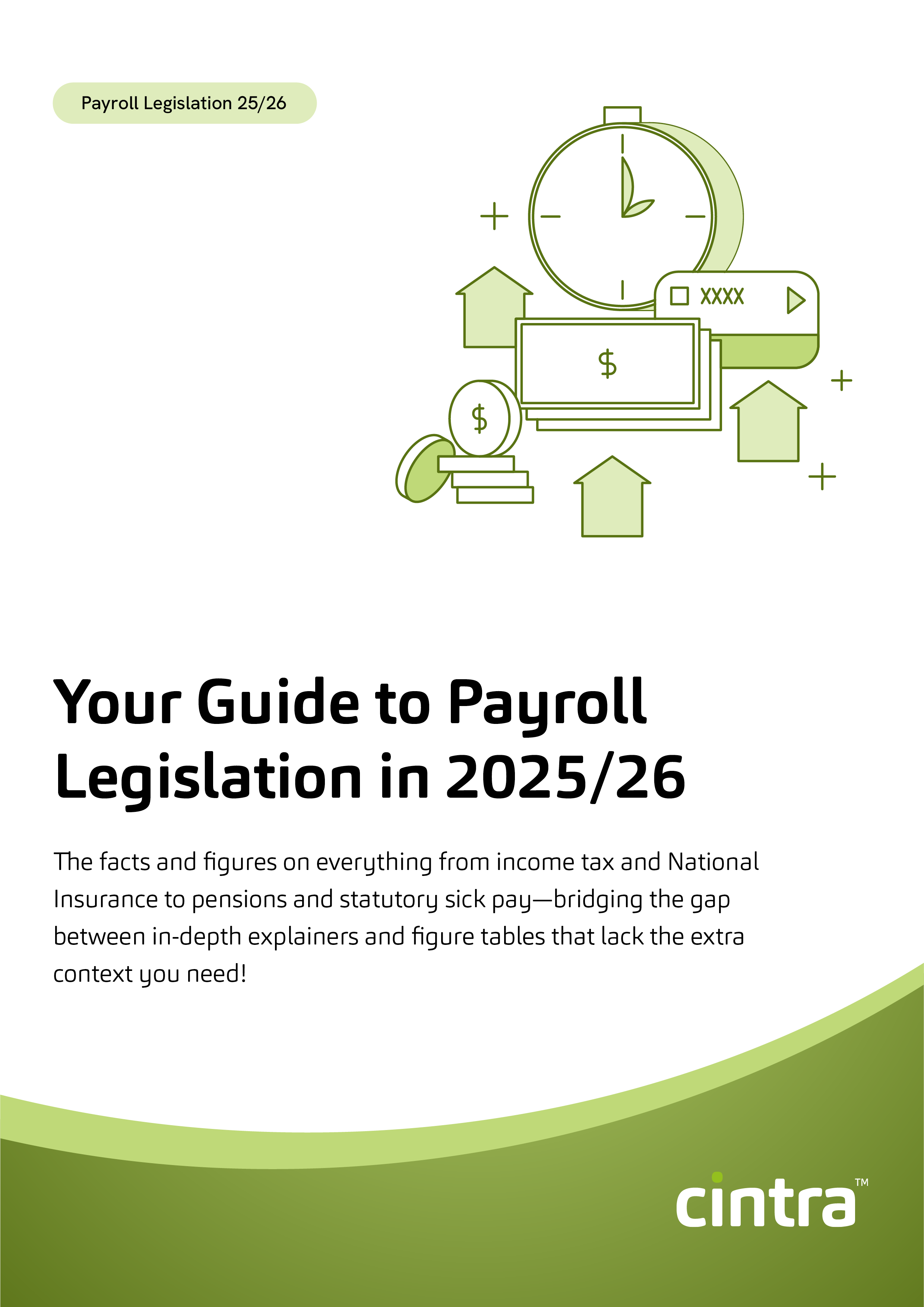If you’re a business owner or HR manager, you’re probably familiar with the term P11D(b). But in true payroll fashion, they can be difficult to get to grips with.
And not only that, but there are also some legislative changes fast approaching in 2026 that will affect how you use P11D(b)’s, making it vital to get up to speed today. So, grab your coffee and let’s get to know P11D(b)s better.
What is a P11D(b) form?
A P11D(b) form is a document used for reporting expenses and benefits provided to employees by their employers. It’s an essential part of the annual tax process for businesses that offer perks beyond salaries, such as company cars, health insurance, or gym memberships.
The “b” in P11D(b) refers to the employer’s declaration of these benefits to HMRC. Essentially, it’s the employer’s responsibility to calculate the cash equivalent value of each benefit and report it on the P11D(b) form.
This form helps HMRC ensure that employers are paying the correct amount of Class 1A National Insurance on their benefits and expenses, and it’s crucial to accurately complete and submit the P11D(b) form to avoid potential penalties for non-compliance.
What's the difference between a P11D and a P11D(b) form?
A P11D form is used by employers to report individual benefits provided to employees, such as company cars or health insurance.
But a P11D(b) is an employer declaration form that provides the total amount of Class 1A National Insurance contributions due on all benefits provided to employees.
While both forms relate to reporting benefits and expenses, the P11D details individual benefits, whereas the P11D(b) declares the employer’s overall liability for NICs on those benefits.
Get the latest insights and best practice guides, direct to your inbox.
What do you need to do to submit a P11D(b)?
You submit your P11D(b) through your payroll at the end of the financial year – the same way you submit your P11D documents.
What is the due date for P11D(b) form submissions?
You need to submit your P11D(b) forms by the 6th July or you risk facing penalties such as fines from HMRC.
Changes to P11D(b) from 2026
From April 2026 you’ll be required to process all employee benefits through your payroll rather than using P11D (and P11D(b)’s). Read more about the upcoming changes here: Payrolling of Benefits in Kind to Become Mandatory from 2026
Are you ready for the switch to payrolling benefits?
Due to this change, it’s likely a good idea to look at what your payroll software or service can do now. This way, if you’re working with software or process which doesn’t allow for payrolled benefits, you have time to change to a more modern product ahead of the deadline!
Here at Cintra, our payroll software and outsourced payroll services are built to handle payrolling benefits. We’re also offering all our customers a payrolling benefits service—we’ll help you through the process and make sure you’re well-prepared for when it becomes a mandatory requirement.

Payroll Legislation Guide
The facts, figures, thresholds and allowances for 2025/26 spanning tax, National Insurance, pensions, statutory payments and more.
Download now


